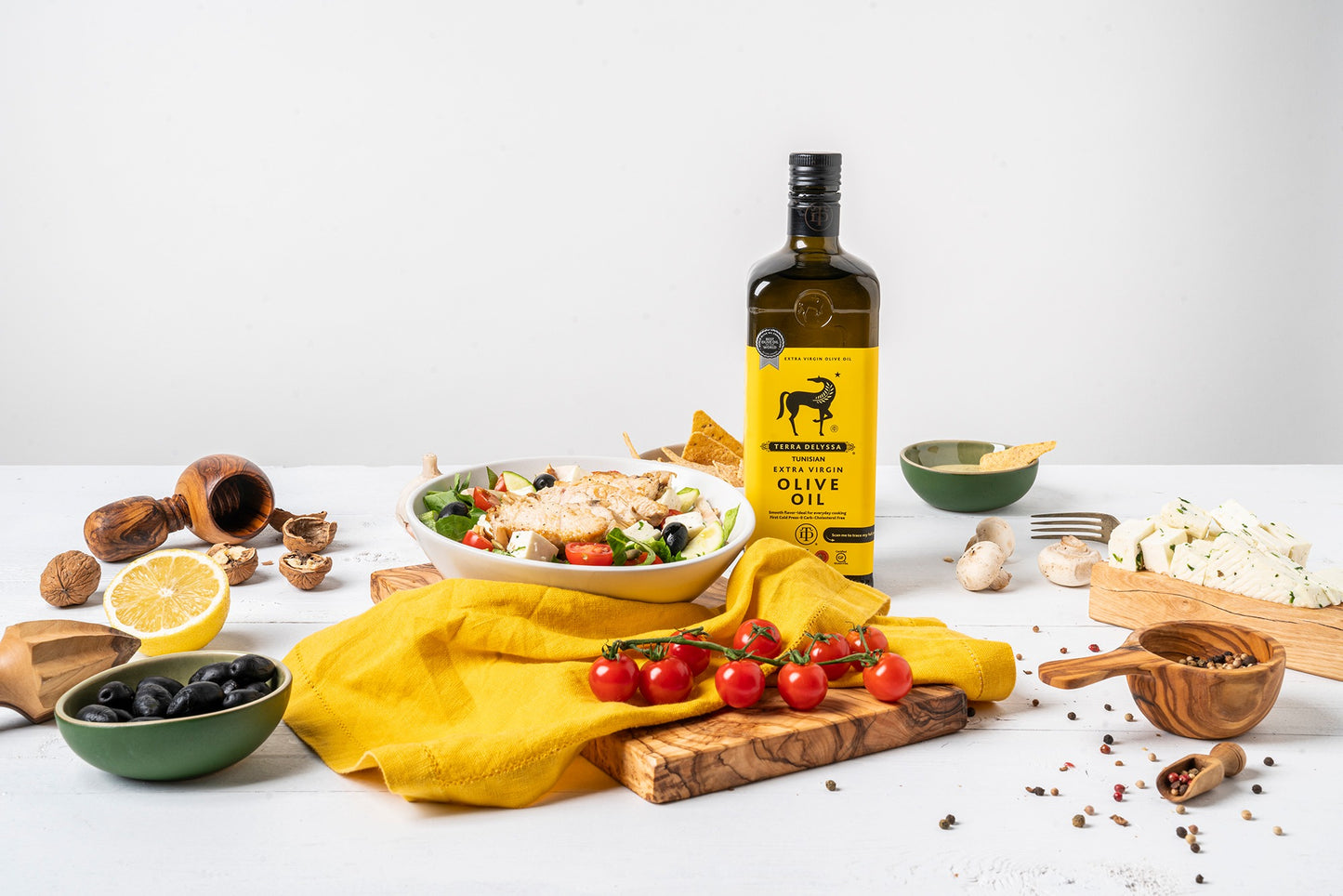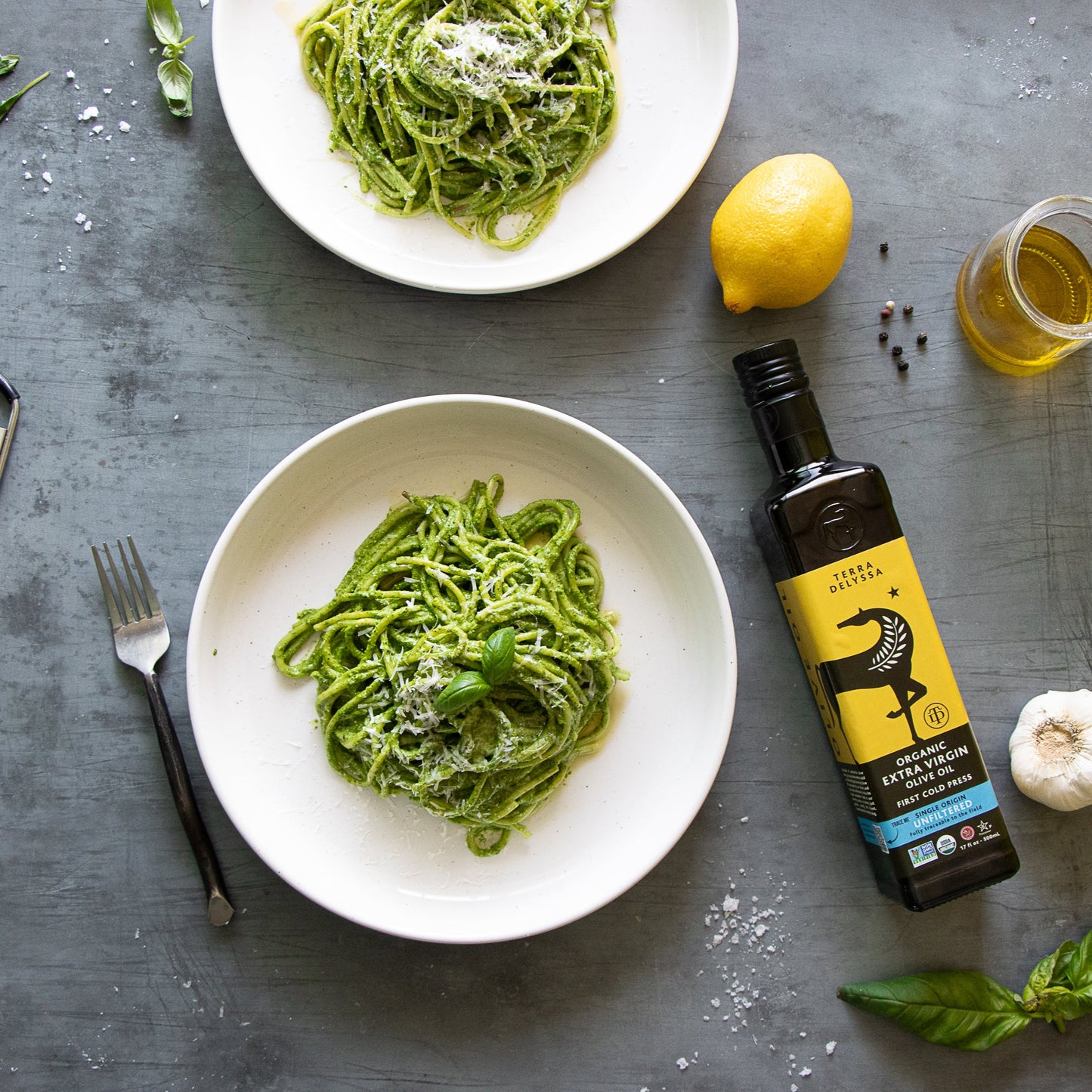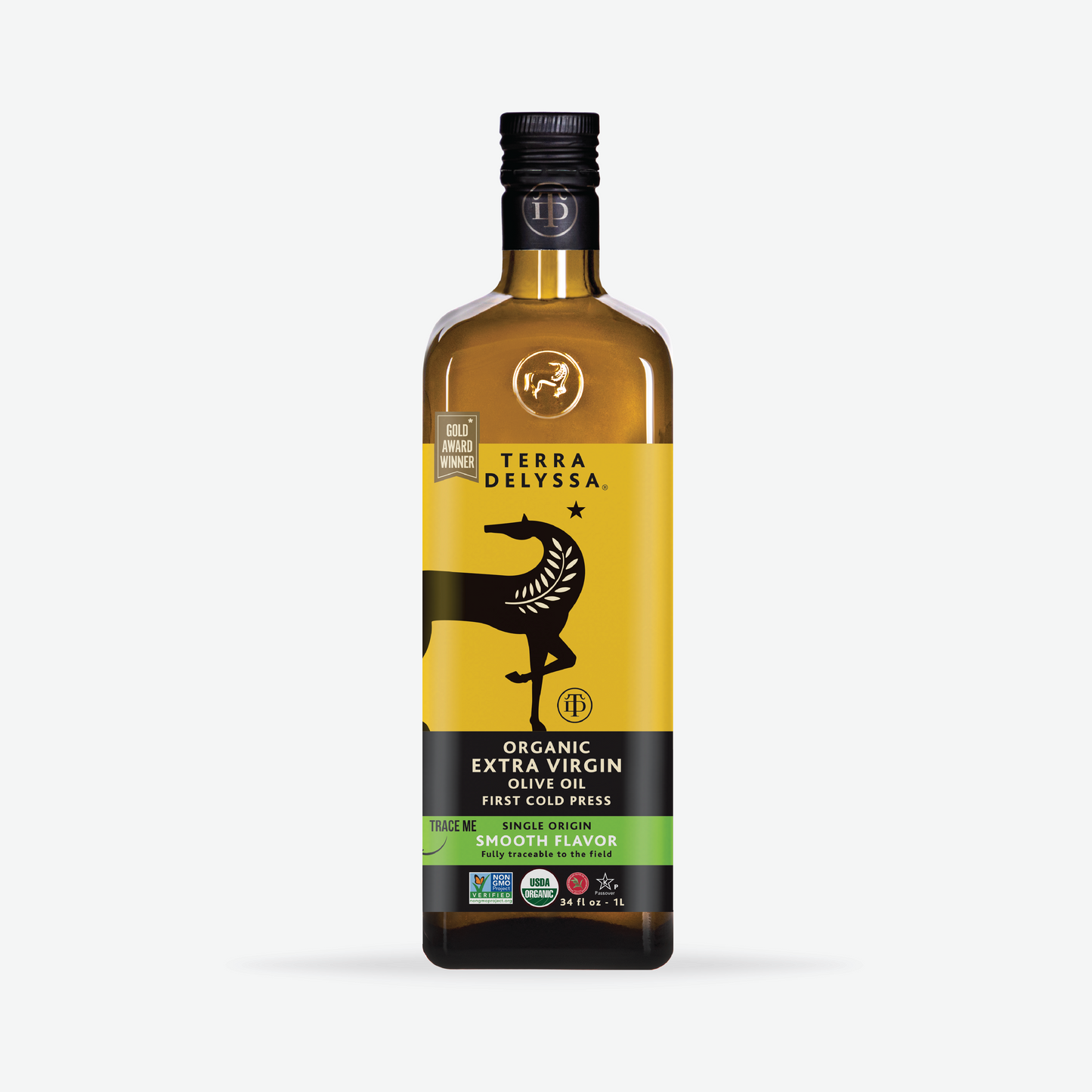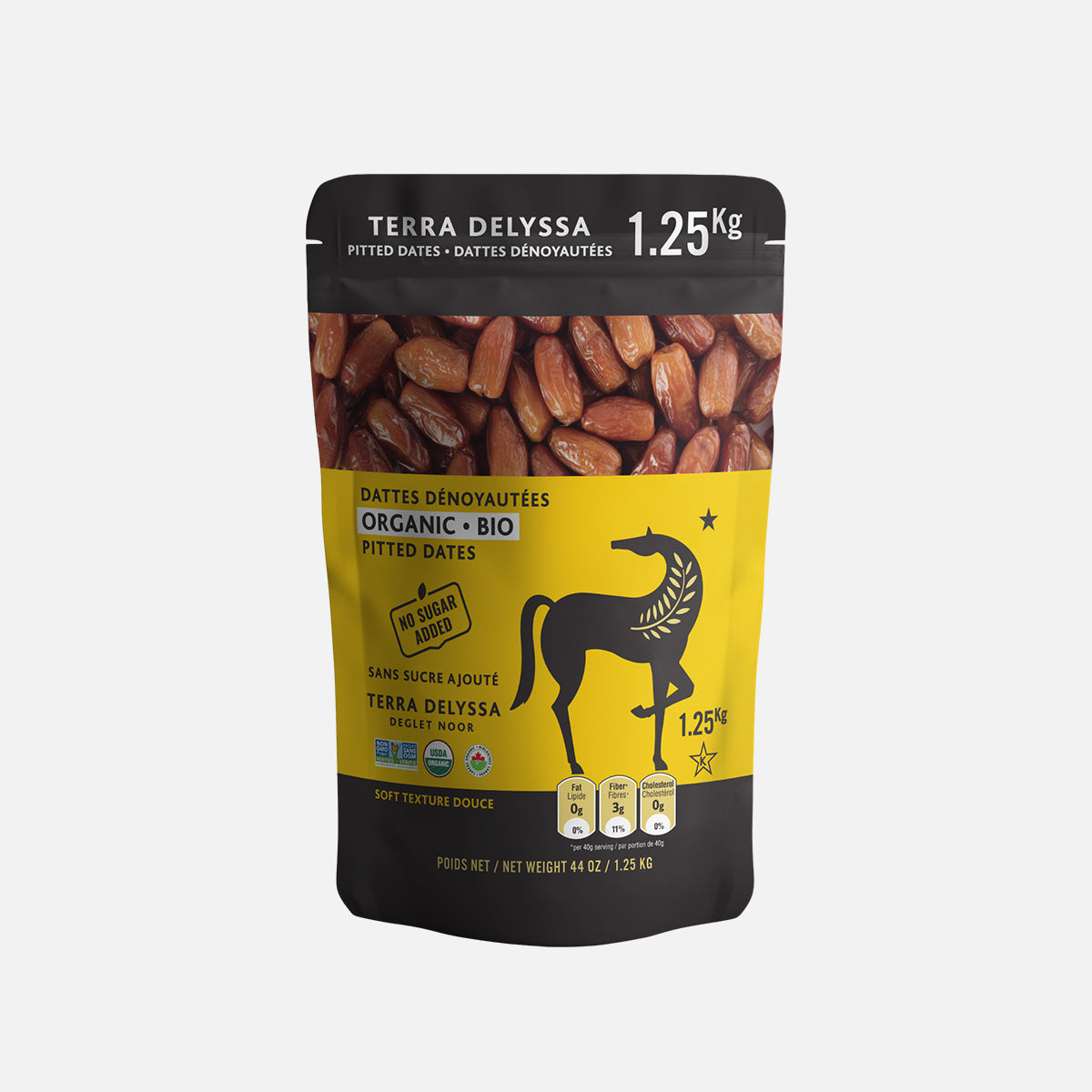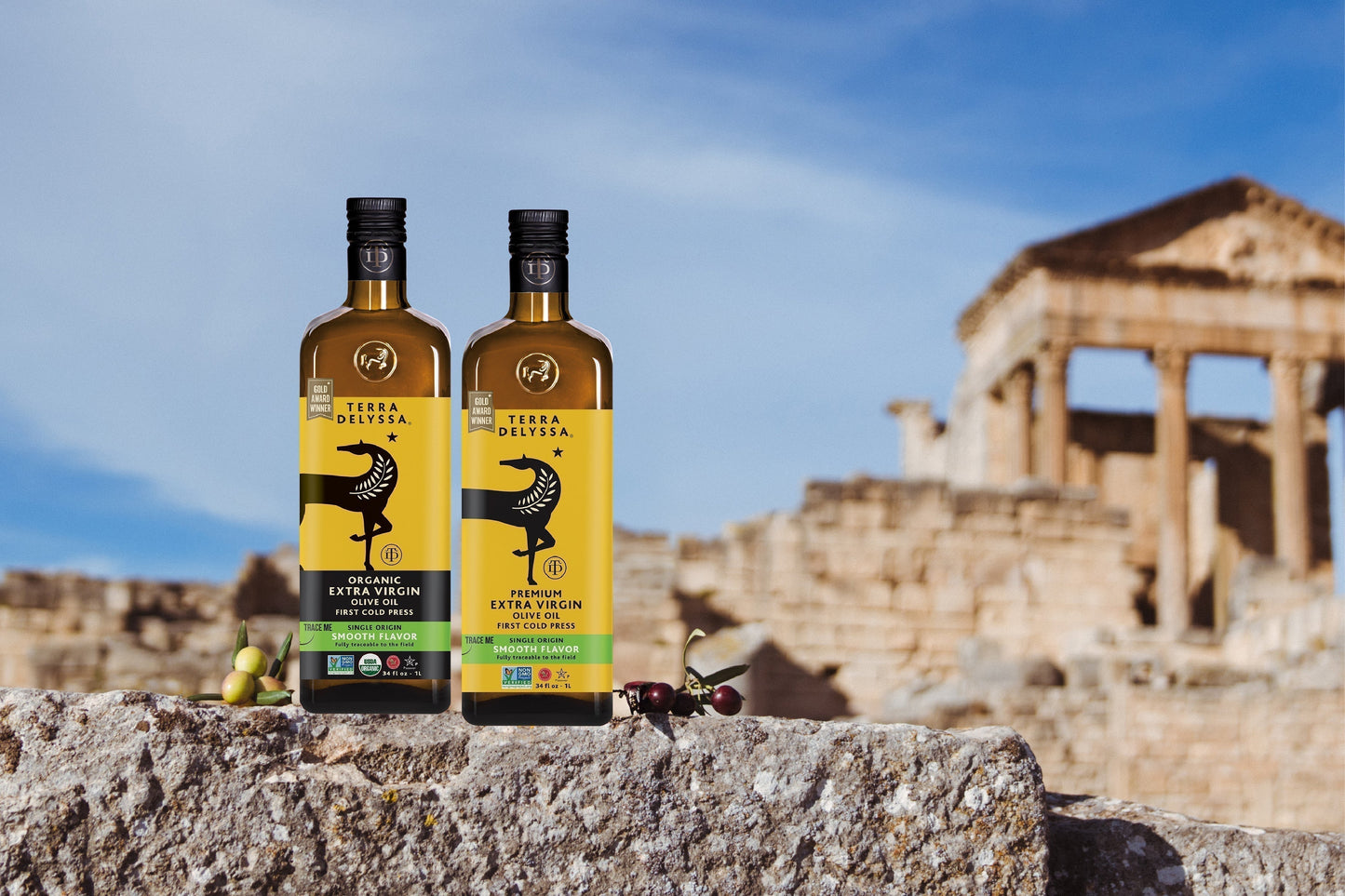
A Queen Who Built a Legacy
The story of Terra Delyssa begins with Queen Elyssa — also known as Dido — the legendary founder of Carthage in 814 BC. A Phoenician princess from Tyre (modern Lebanon), Elyssa fled her homeland after her brother murdered her husband. With her loyal followers, she sailed across the Mediterranean and landed on the coast of present-day Tunisia, where she set out to build a new city and a new life.
How She Won the Land
Upon arriving, Elyssa requested land from the local Berber ruler, King Iarbas. He agreed — but with a mocking condition: she could have as much land as could be covered by a single bull’s hide.
Clever and determined, Elyssa ordered her people to cut the hide into one long, thin strip. They laid it out in a great arc along the coastline, enclosing a vast piece of land far larger than the king expected. The hill they claimed was called Byrsa, meaning “citadel.” This brilliant ruse became the foundation for the city of Carthage.
The Omen of the Horse
As Elyssa’s people began to dig the foundations for their new city, they unearthed a horse’s head buried in the earth. In Phoenician culture, the horse was a powerful symbol of courage, prosperity, and conquest. To Elyssa and her people, the discovery was a divine omen: Carthage would be a strong, victorious city blessed with power and resilience.
This symbolism of the horse continues today as the emblem of Terra Delyssa. Our logo depicts the horse crowned with an olive branch as its mane — a reminder of strength, fertility, prosperity, and the agricultural heritage Queen Elyssa helped bring to North Africa.

Her Sacrifice and Immortality
Elyssa’s story ends in sacrifice, though the accounts differ. In the most enduring version, the Berber king Iarbas later demanded Elyssa’s hand in marriage. Bound by loyalty to her late husband and unwilling to jeopardize her people’s safety, she made the ultimate choice. She ordered a funeral pyre to be built and threw herself upon it, ensuring Carthage’s independence at the cost of her own life.
After her death, Elyssa was revered as a goddess by the people of Carthage. Her spirit lived on in the prosperity of the city she founded — and in the legends carried forward through coins bearing her image and that of the horse.
Terra Delyssa Today
By naming our olive oil Terra Delyssa — the Land of Elyssa — we pay homage to this queen’s legacy of courage, ingenuity, and devotion to her people. Just as Elyssa brought olive culture to Carthage, we continue the tradition of cultivating olives in Tunisia and sharing their richness with the world.
The horse in our emblem is not only a tribute to ancient Carthage but also a promise: of strength, prosperity, and authenticity in every bottle of Terra Delyssa.
← Older post Newer post →
